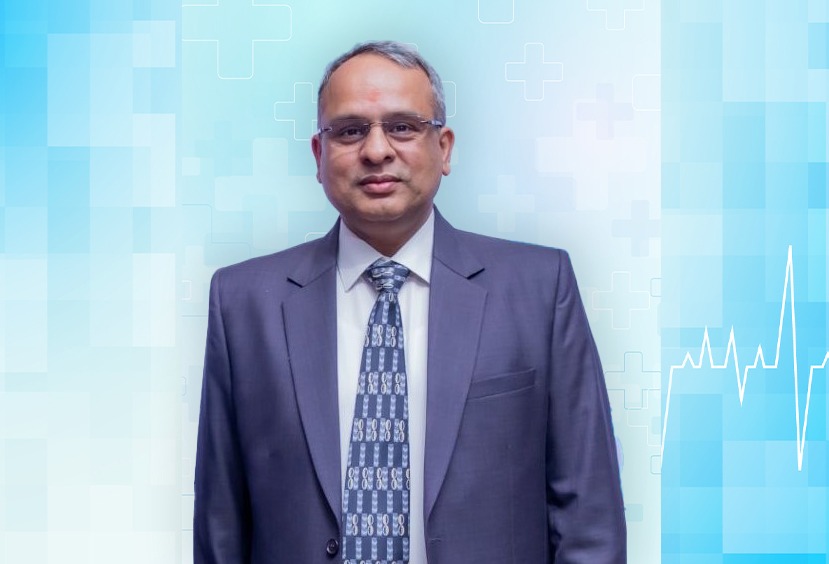New Delhi, 23rd February, 2024. In the noble profession of healthcare, where the real human touch is felt, dedicated healthcare workers render invaluable services to the public at large. However, amidst their selfless efforts, there are challenges often overlooked: burnout, dissatisfaction, unmet needs, and underappreciation.
Studies in the healthcare sector reveal the need to support and empower these caregivers to thrive in their roles.
According to discussions with senior HR leaders and hospital administrators by TRLS Healthcare Consultancy team, a some of the healthcare workers report burnout as the main issue often, which might be as a result of stressful job, high pressure situation, long working hours or demanding work schedules. Sometimes this might highlight a pseudo lack of satisfaction with in staff from the organisation they work with, along with many other issues, which can eventually affect patient care & patient satisfaction.
The management teams acknowledged this fact & shared that they are working positively towards these points to make the optimum work life balance for their team members & are investing towards prioritising staff safety, staff training & implementing measures to promote staff well-being.
Recognizing the significance of healthcare professionals in delivering quality care, empowering them is quite helpful, This involves inward investment in support and resources for positive changes within individuals and the healthcare system.
To achieve this, healthcare professionals require the necessary tools and training to be efficient. Continual education and professional development programs keep them updated with innovations and future-focused training enhances job satisfaction and a sense of achievement. Investing in technology and agile processes reduces administrative burdens and facilitates technology implementation.
Dr Gopal Sharan, CEO of TRLS Healthcare Consultancy suggested that collaboration with external stakeholders such as academic institutes and other industry partners improves empowerment efforts in following areas:
Knowledge Sharing & trainings By collaborating with academic institutions, healthcare workers can stay updated on the latest advancements in their field, which can lead to better patient care. Healthcare workers may gain access to specialized training programs, workshops, or continuing education opportunities offered by academic institutions.
Unity among care givers & the practitioners helps construct policies favouring their interests and improves patient care quality.
Utilizing data and technology is crucial for empowering healthcare workers. Electronic health records and data analytics tools enable professionals to access comprehensive patient information, identify patterns, and tailor treatment plans, added Dr Gopal Sharan
Efforts should focus on continuous empowerment through feedback mechanisms, surveys, and focus groups. Continuous improvement ensures healthcare personnel receive the necessary support to deliver quality treatment to patients.
According to Raj Sehgal, a senior healthcare management professional & one of the Directors of TRLS Healthcare Consultancy, “strengthening healthcare front line workers & caregivers should be both - a moral imperative and a strategic decision, for the hospital management today. Focusing on supporting them & taking care of their needs well, creates an environment where professionals feel appreciated, motivated, and empowered to make a meaningful impact on patients' lives and communities”

 Utilizing data and technology is crucial for empowering healthcare workers. Electronic health records and data analytics tools enable professionals to access comprehensive patient information, identify patterns, and tailor treatment plans, added Dr Gopal Sharan
Utilizing data and technology is crucial for empowering healthcare workers. Electronic health records and data analytics tools enable professionals to access comprehensive patient information, identify patterns, and tailor treatment plans, added Dr Gopal Sharan










.jpeg)

.jpeg)
.jpeg)
.jpeg)

.jpeg)
.jpeg)
.jpeg)
_(1).jpeg)

_(1)_(1)_(1).jpeg)
.jpeg)
.jpeg)
.jpeg)






